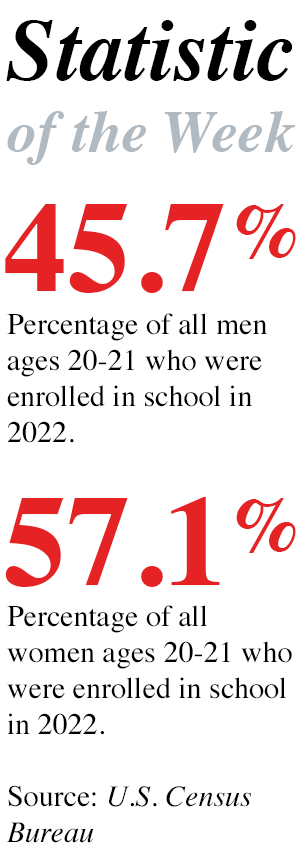Survey Finds Women in Academic Earth and Space Science Face Widespread Discrimination
Posted on Mar 29, 2023 | Comments 0
 A new study by Erika Marin-Spiotta, a professor of geography at the University of Wisconsin-Madison, found that earth and space scientists of color, women, those with disabilities, and other groups historically excluded from geoscience careers are more likely to experience hostile and discriminatory behavior at work than their colleagues.
A new study by Erika Marin-Spiotta, a professor of geography at the University of Wisconsin-Madison, found that earth and space scientists of color, women, those with disabilities, and other groups historically excluded from geoscience careers are more likely to experience hostile and discriminatory behavior at work than their colleagues.
Researchers surveyed members of five professional organizations, asking respondents to focus on their workplace climate in the past year. They were asked how often they experienced a range of positive as well as exclusionary behaviors, including general incivility or interpersonal mistreatment, negative or discriminatory language, and sexual harassment. The researchers found that more than half of women scientists experienced identity-based discriminatory remarks. More than 40 percent of women respondents said they experienced bullying and intimidation and 43 percent said they thought their work was devalued. More than 15 percent of women said they had experienced fear for their physical safety.
“One of the most important results of this paper was data revealing that historically excluded groups experience higher rates of sexual harassment” than other respondents, noted Blair Schneider of the Kansas Geological Survey and co-author of the study. Underrepresented groups reported in larger numbers that their experiences in the workplace had resulted in negative professional consequences, including avoiding others at work, loss of confidence, lowered productivity, skipping professional activities, or considering career changes. Negative individual professional consequences have negative consequences for geosciences as a whole, Schneider said.
While recruitment is a vital tool for increasing diversity in the geoscience field, creating a safe, welcoming, and respectful climate is equally crucial for retaining scientists, said researcher Emily Diaz Vallejo, a graduate student at the University of Wisconsin-Madison and a co-author of the study. “Unfortunately, our findings reveal that many underrepresented groups often face negative experiences throughout their careers, which can significantly impact their productivity and desire to remain within their organization.”
The full study, “Exclusionary Behaviors Reinforce Historical Biases and Contribute to Loss of Talent in the Earth Sciences,” was published in the journal Earth’s Future. It may be accessed here.
Filed Under: Research/Study • Sexual Assault/Harassment • STEM Fields








